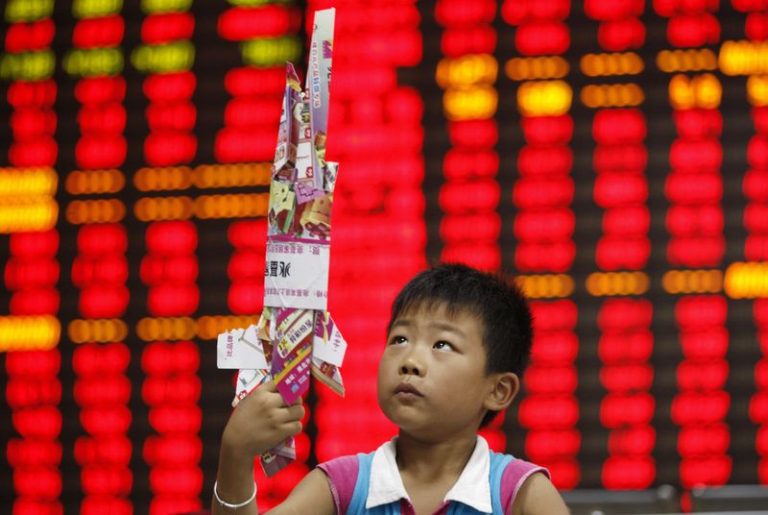Investing.com– Most Asian stocks dropped on Wednesday, led by a slump in South Korean shares after President Yoon Suk-Yeol’s abrupt reversal of a short-lived martial law stirred political unrest and eroded investor confidence across the region.
Regional markets took middling cues from a mildly positive overnight session on Wall Street, as investors awaited more cues on U.S. monetary policy from an address by Federal Reserve Chair Jerome Powell later in the day. U.S. stock index futures were mildly positive in Asian trade.
South Korean stocks slide on martial law tensions
South Korea’s KOSPI index slumped more than 2% after President Yoon Suk-Yeol declared martial law on Tuesday in an effort to counter “anti-state forces” among his political opponents. However, the move faced immediate backlash, including parliamentary rejection and public protests, leading him to revoke the measure within hours.
In response, South Korean legislators demanded Yoon’s impeachment, plunging the nation into its most significant political crisis in decades.
Martial law involves replacing civilian governance with military rule, suspending civilian legal processes in favor of military ones, and potentially suspending standard civil liberties for its duration.
Yeol’s move undermined investor confidence in the country, with ING analysts stating that sustained turmoil could even bring down South Korea’s credit rating.
Asia markets fear spillover from South Korea
Markets grew wary of any potential spillover from political turmoil in South Korea, given that the country is seen as a major pillar in East Asia’s economy.
Japan’s Nikkei 225 fell 0.4%, while the TOPIX declined 0.7%. “We are monitoring (the South Korea’s situation) with particular and grave interest,” Japan’s Prime Minister Shigeru Ishiba told reporters.
In China, the Shanghai Shenzhen CSI 300 index fell 0.3% and Shanghai Composite index was slightly lower. Data showed that China’s services sector growth slowed in November, with the Caixin PMI index dropping to 51.5 from 52.0, reflecting weaker growth in new business and exports, as the economy braces for more U.S. tariffs under a second Donald Trump administration.
Asia faces heightened geopolitical risks, including the specter of U.S. trade tariffs under Trump’s administration. Regional markets and economies were rattled by the U.S. imposing stricter controls on technology exports to China this week.
But Chinese chipmaking stocks surged on Wednesday as the government recommended against buying U.S.-made chips- a move that could spur increased demand for locally-made chips.
Philippine’s PSEi Composite index inched 0.2% lower, while India’s Nifty 50 Futures indicated a positive open.
Thailand’s SET Index climbed 1.3% on Wednesday, a day after country’s finance minister Pichai Chunhavajira stated that there was potential for a rate cut due to low inflation, but emphasized that the final decision rests with the central bank. He also reiterated the importance of aligning monetary and fiscal policies to support the nation’s economy.
Australian stocks hit by weak GDP
Australia’s ASX 200 fell 0.5% on Wednesday after gross domestic product data showed the country’s economy grew less than expected in the September quarter.
While the reading did ramp up bets that the Reserve Bank of Australia could cut interest rates sooner than expected, it also showed that the Australian economy was struggling amid sticky inflation and high interest rates.
The soft GDP was driven largely by weak household spending, while a drop in commodity export prices also weighed.

